Premium Only Content
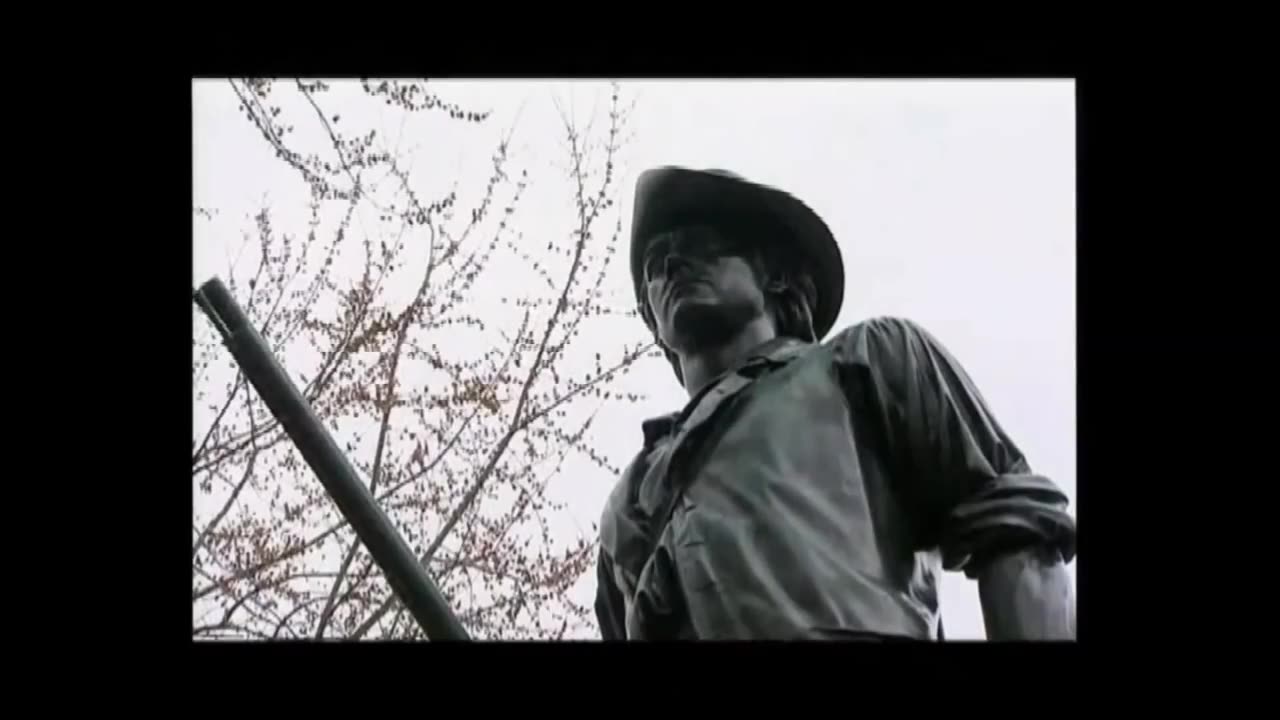
The Adventure Of English - English in America - Episode 5
Upon landing in North America, settlers encountered Squanto, a native man who had been captured and brought to England to learn English and become a guide. After escaping, Squanto returned to his tribe, which happened to live near the place that the English settlers had created their small village. Among shockingly few other words, the settlers adopted "skunk" and "squash" into their vocabulary from the local language, making clear that they meant to impose their own culture, rather than adopt any other.
English began to change, not only in meaning, with "shops" becoming "stores," but also with the variety of accents becoming considerably less in number than in England. In the last 18th and early 19th centuries, Noah Webster wrote what was known as the American Spelling Book, or the Blue Backed Speller, which would become one of the most influential books in the history of the English language, Webster's Dictionary. This dictionary created simpler spellings, eliminating the "u" in words like "colour" and "honour," reducing "axe" to "ax" and reducing double letters to single ones, like in the word "traveller," now spelt "traveler" in the United States. Words with "re" endings became "er," and other spellings changed include "defence," which became "defense." Interestingly, some words that England had dropped were kept in by Americans, such as "deft," "scant," "talented," "likely" and "fall" instead of the newer "autumn."
Two-thousand words were created in journals of the Lewis and Clark Expedition toward the West, including "rapids," which came from the adjective "rapid." New words to the English language, such as "hickory," "moose," "pecan" and "toboggan" are derived from Indigenous languages. "There are hundreds of names made by combining existing English words," states Bragg, such as "black bear," "bullfrog," "blue jay" and "rednecks," who got their name from the sunburned necks they got from working in the fields. Rednecks couldn't afford steamboat fare, they travelled the water on rafts, using paddles called riffs, and they became known as the "riffraff."
Alcohol also added a great deal of words to the English language, "bootlegging" referred to hiding a flat bottle of alcohol in the leg of a boot. "And there were literally hundreds of terms from drunk," says Bragg. "Benjamin Franklin listed 229 of them minted in America, including... 'He's wamble-cropped,' 'He's halfway to concord,' 'He's ate a toad and a half for breakfast,' 'He's groatable,' 'He's globular,' [and] 'He's loose in the hilts.'"
Irish settlers brought words like "smithereens," "speakeasy," "Yes, indeedy" and "No, sirree."
Joseph McCoy had the idea to drive his cattle to trains and sell them to the Eastern states, creating a new meaning for the word "cowboy," and he made a lot of money in the process. Because of this, travellers would sometimes introduce themselves with his name, and in turn, he began to introduce himself as "the real McCoy."
The Gullah language is a mixture of English and other languages that is thought to be the closest to the one that slaves, brought over from various countries in West Africa and the Caribbean, spoke in the 18th and early 19th centuries. Words like "banana," "zebra," "gorilla," "samba" and "banjo" were incorporated into English from the slaves living on plantations. The stripped-down grammar used in variations of English, like Gullah, is common when different languages come together. However, slave-owners took this to mean that they had lesser intelligence, when in reality their slaves were ultimately contributing words to the English language.
-
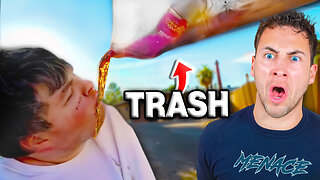 10:53
10:53
Nikko Ortiz
2 days agoWORST Clips On The Internet
86K27 -
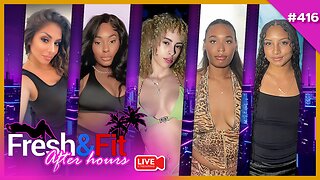 3:42:38
3:42:38
FreshandFit
12 hours agoREAL R*pe Victim Exposes Shannon Sharpe Accuser As Liar!
70.1K76 -
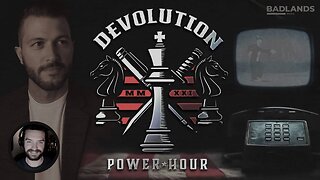 2:18:29
2:18:29
Badlands Media
14 hours agoDevolution Power Hour Ep. 376: Optics, Explosions & the War for the Narrative
144K43 -
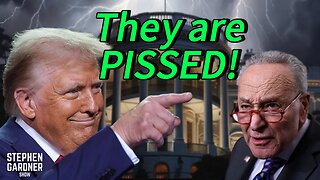 37:46
37:46
Stephen Gardner
12 hours ago🔥Trump NEVER expected THIS WIN as Schumer has EPIC MELTDOWN!
44K34 -
 2:02:41
2:02:41
Inverted World Live
9 hours agoNASA Engineer Says Trillions of Shape-Shifting, Cloaked Devices are Hidden on Earth| Ep. 83
39K11 -
 3:12:37
3:12:37
TimcastIRL
9 hours agoGOP Councilman DOUSED IN GAS, Set ON FIRE In Virginia, Suspect In Custody | Timcast IRL
250K92 -
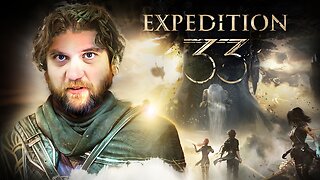 2:32:23
2:32:23
The Quartering
9 hours agoOn To The Big Bosses! Act 2 Of Expedition 33
63.1K6 -
 7:36:34
7:36:34
SpartakusLIVE
11 hours agoTiger Blood RESTOCKED and 30% off w/ code SPARTAKUS30
87.4K -
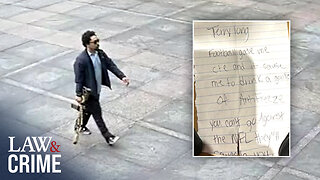 24:58
24:58
Law&Crime
11 hours ago $3.55 earnedSecond Note Leaves Disturbing Clues in New York City Killings
40.5K12 -
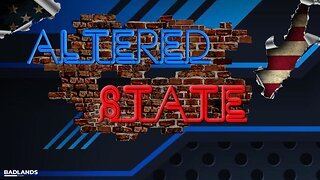 1:36:57
1:36:57
Badlands Media
1 day agoAltered State S3 Ep. 39: Earthquakes, Energy Games & the Fall of the Narrative
78.3K16